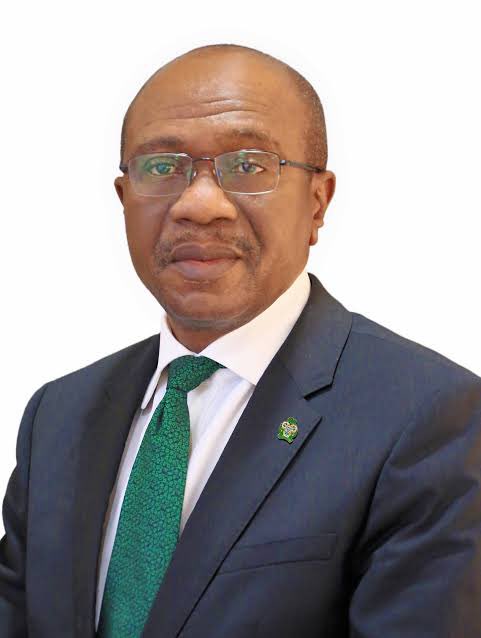Business
World Bank Rates Nigeria’s Infrastructure Quality Low

The global apex banking institution, World Bank, has described the level and quality of infrastructure in Nigeria as low despite the Federal Government’s claim of borrowing money to finance infrastructure.
World Bank in its Nigeria public finance review report stated that Nigeria’s physical infrastructure gap would likely reach $3trillion in the next 30 years.
According to the apex bank’s latest report on Nigeria’s public finance, the level and quality of Nigeria’s infrastructure is low, with the country ranking 132 out of 137 countries for infrastructure in the 2018 Global Competitive Index.
It stated that Nigeria’s physical infrastructure gap is estimated to reach $3trillion over the next 30 years, adding that Nigeria’s development outcomes were among the lowest globally, which indicated high public spending needs.
The Washington-based bank also noted that it would take Nigeria 300 years to close infrastructure gap, which would cost the country 4 per cent of its GDP yearly.
”At the current rate of expenditure allocation, it would take 300 years to close the country’s current infrastructure gap. Closing Nigeria’s infrastructure gap would cost at least four per cent of GDP growth per year”, the report stated.
It would be recalled that the Minister of Information and Culture, Lai Mohammed, in September 2021, said the Federal Government was borrowing to build world-class infrastructure and not for recurrent expenditure.
The Minister, made this known, at that time at the town hall meeting organised by his ministry on the destruction of telecommunications and power infrastructure in Borno State.
Also, President Muhammadu Bihari within the October period,defended his government’s borrowing, describing it as a necessary step to provide the infrastructure that would expand opportunities for the growth of the Nigerian economy.
“We have also continued to accelerate our infrastructure development through serviceable and transparent borrowing, improved capital inflow and increased revenue generation by expanding the tax bases and prudent management of investment proceeds in the Sovereign Wealth Fund,” the President had said.
Currently, Nigeria has a debt burden of about N66.61tn, which includes N23.77tn from the CBN and N42.84tn from domestic and foreign creditors.
The country’s debt had rose by N30.72tn between July 2015 and June 2022, according to data released by the Debt Management Office.
According to the DMO statistics, Nigeria’s total debt as of June 30, 2015, stood at N12.12tn. By June 30, 2022, the figure had risen to N42.84tn, which showed an increase of 253.47 per cent. Despite the high increase in debt over the years, but still the government plans to borrow N8.4tn in 2023.
By: Corlins Walter
Transport
Automated Points Concession : FAAN Workers Gave 72hrs To Revise Decisions In PH

Transport
FAAN Announces Pick-Up Points for Go-Cashless Cards

Business
Fidelity Bank To Empower Women With Sustainable Entrepreneurship Skills, HAP2.0
-
Politics3 days ago
2027: NIGERIANS FAULT INEC ON DIGITAL MEMBERSHIP REGISTER DIRECTIVE
-

 Environment4 days ago
Environment4 days agoLAWMA Director Says Sweeping Reforms Have Improved Waste Collection
-
Politics3 days ago
LP Crisis: Ex-NWC Member Dumps Dumps Abure Faction
-

 Politics3 days ago
Politics3 days agoUmahi Dismisses Allegations On Social Media, Insists On Projects Delivery
-

 Sports4 days ago
Sports4 days agoAbia Not Sure To Secure continental Ticket
-
Politics3 days ago
NATASHA ELECTRIC VEHICLES INITIATIVE IN KOGI CENTRAL
-
Sports3 days ago
La Liga: Yamal Records First Career Hat-trick
-

 Sports3 days ago
Sports3 days agoPSG Extend Lead In Ligue 1

